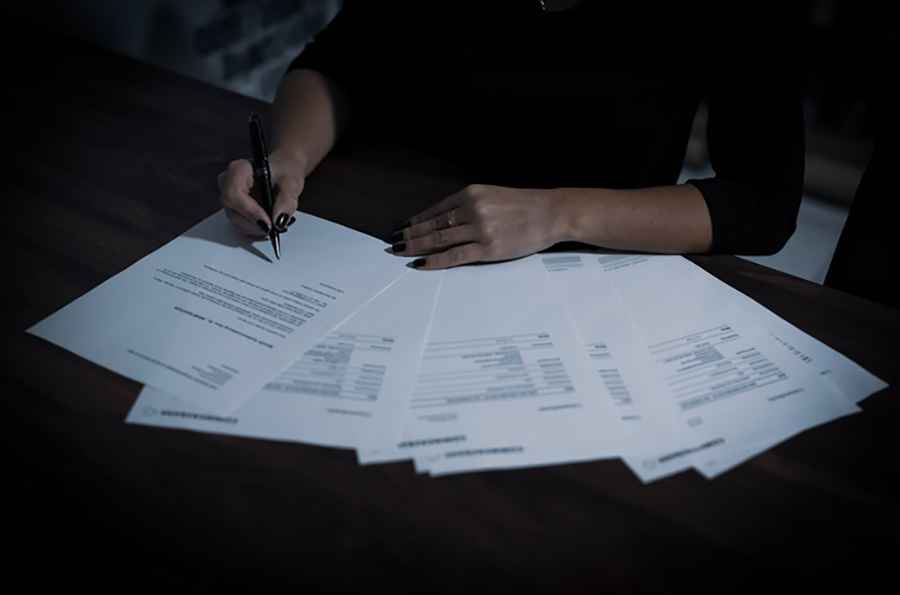How to Deal With Insurance Companies After a Car Accident: Essential Steps for Protecting Your Rights
Car accidents are horrible, and can be made even worse by dealing with the nightmare that is talking to insurance companies. The first priority should obviously be your safety and the safety of others around you, but once the accident is over, reality will start to set in from an insurance point of view. When dealing with insurance, it’s important to be as honest as you can and provide as much information as possible. Hiring legal help is also an option, particularly if you think you have a case on your hands.

Initiating the Insurance Claim Process
Taking the right steps after a car accident will make all the difference in your insurance claim.
At the Scene of the Accident
Call 911 if there are injuries or significant damage. Request police presence to file an official report. Gather information from other drivers involved, including names, contact details, and insurance information. Take photos of the accident scene, vehicle damage, and any visible injuries. These will serve as valuable evidence for your claim. Collect contact information from witnesses. Their statements can support your version of events. Avoid admitting fault or discussing the accident details with anyone except law enforcement.
Contacting Your Insurance Provider
Notify your insurance company as soon as possible, even for minor accidents. Many policies have specific timeframes for reporting claims. When they ask for information, you need to be as transparent as possible and share the details of exactly what happened. Ask about your policy coverage and next steps in the claims process. Inquire about rental car options if your vehicle is undriveable. Take notes during the call, including the name of the representative you spoke with and any claim numbers provided.
Keep Track of Damages and Injuries
If your vehicle has been damaged, it can pay dividends to get it inspected at a mechanic, with a detailed report of the repair costs. Seek medical attention for any injuries, even if they seem minor. Some injuries may not be immediately apparent. Keep a log of all medical treatments, appointments, and expenses related to the accident. Maintain a file with all accident-related documents, including police reports, medical records, repair estimates, and correspondence with your insurance company. Consider taking photos of your injuries as they heal to document the recovery process.
Navigating the Settlement and Dispute Resolution
Settling with insurance companies after a car accident can be complex. You'll need to handle vehicle damage assessment, negotiate compensation, and possibly seek legal help if disputes arise.
Assessment and Repair of Vehicle Damage
After an accident, document the damage thoroughly with photos and videos. Get multiple repair estimates from reputable mechanics. If the insurance company declares your car a total loss, research its actual cash value. Compare the repair costs to your vehicle's market value. Insurance companies typically use a total loss threshold or formula to determine if a car is totaled. If you disagree with their assessment, gather evidence of your car's pre-accident condition and value. You may need to negotiate or hire an independent appraiser.
Negotiating with Insurance Companies
Negotiating with insurance companies is a breeze - said nobody, ever. Here are some quick tips to make it a little bit easier. First, make sure you understand your policy coverage and gather all relevant documents. Read through them properly to make sure you know where you stand. Be clear about your losses, including medical bills, lost wages, and rental car costs. The more detail you can provide here, the better. Don’t feel silly for tracking it all in a spreadsheet if that’s easier for you. Start with a demand letter outlining your claim and desired compensation. Be prepared to justify your request with evidence. Don't accept the first offer if it seems low. Counter with a reasonable amount based on your research and documentation. Be patient but persistent in follow-ups. Keep detailed records of all communication. Get any agreements in writing before accepting a settlement.
Legal Recourse and Hiring an Attorney
If negotiations begin to slow down, or if you suspect the insurance company is acting in bad faith, consider hiring a personal injury lawyer - you can use services like The Accident Helpers to quickly find one. An attorney will not only handle everything for you, but they can help you tackle advanced cases with ease. Lawyers will make your life a lot easier by handling all the communication and evidence gathering, and it’s more likely than not that they will notice things in your case that you haven’t. Before filing a lawsuit, consult an attorney about the strength of your case and potential outcomes. Be aware of your state's statute of limitations for car accident claims. Legal representation can level the playing field with insurance companies, potentially leading to a fairer settlement.